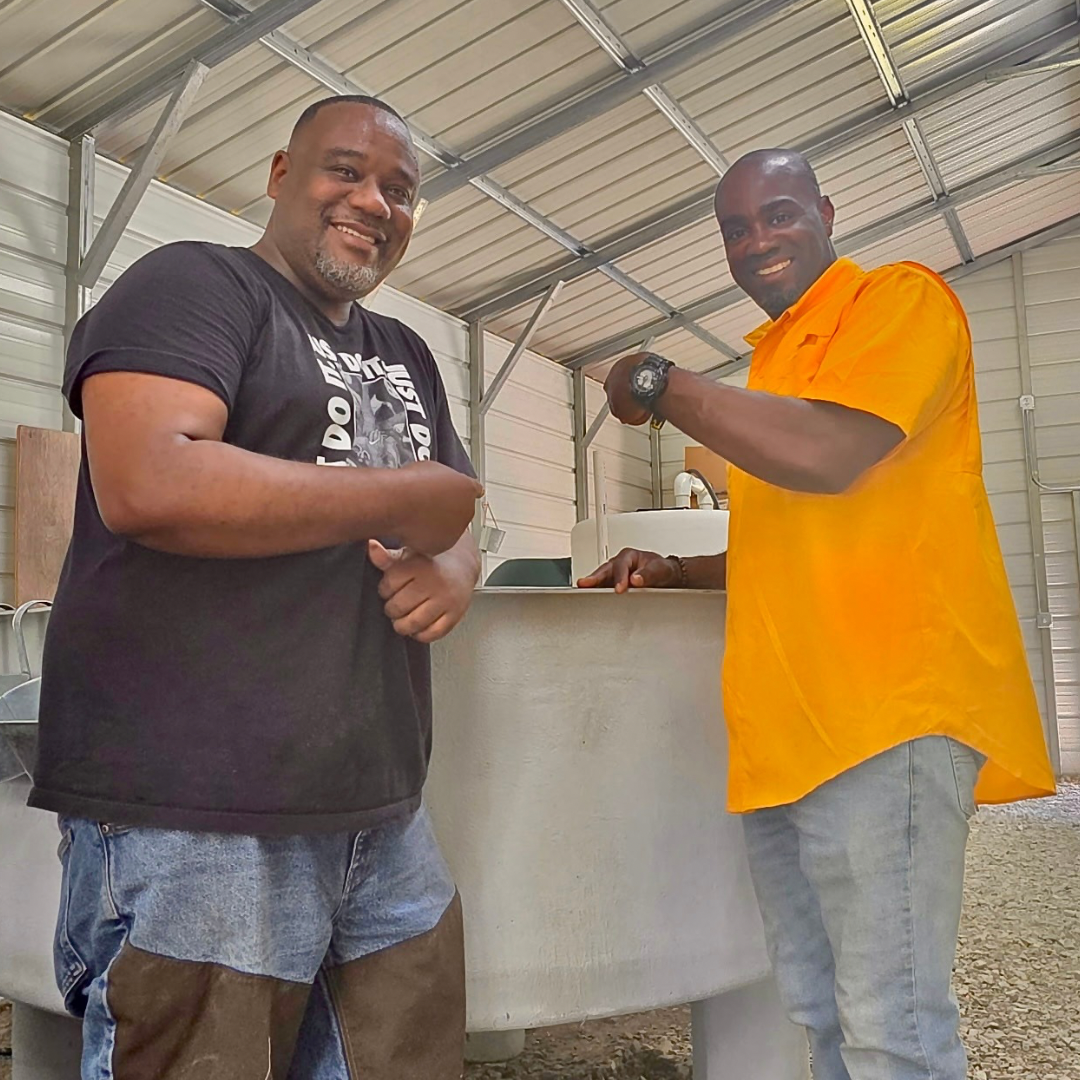Happy Gilmore’s Black-Owned Fish Farm in Baker, LA is Growing More Than Catfish
Title: Happy Gilmore’s Fish Farm in Baker, LA is Growing More Than Catfish
Baker, LA — In the heart of Baker, Louisiana, Dr. James Gilmore is building more than a fish farm—he’s building a future. At Happy Gilmore’s Fish Farm, a Black-owned aquaculture facility, catfish will soon be raised not just for food, but for inspiration.
Tucked behind the fish tanks is a single greenhouse, where fish waste will eventually be used to fertilize fruits and vegetables. Though not yet operational, the vision is clear: a sustainable, educational space where young people can learn by doing—and begin to see their place in agriculture and business ownership.
“We’re preparing to bring in fish now,” said Dr. Gilmore. “We want kids to see how they spawn, how they move—and how this whole system works. This is about exposure, ownership, and opportunity.”
Why It Matters
Black-owned businesses like Happy Gilmore’s Fish Farm play a critical role in rebuilding and empowering communities—especially in places where access to fresh food, career role models, and economic investment has been historically denied.
Economic Empowerment: Black-owned farms help circulate money within the community, create jobs, and build long-term wealth.
Youth Inspiration: Seeing a working Black-owned farm shows Black children they can lead, innovate, and own—whether in agriculture, business, or beyond.
Health and Access: Fish farming contributes to food security by offering fresh, local protein to areas often labeled food deserts.
Cultural Connection: In a state where food and fishing are central to culture, Black-led farms reclaim and preserve that legacy.
Though still in its early stages, Happy Gilmore’s Fish Farm is already making waves. It’s a model of sustainability, education, and Black excellence—one tank, one plant, and one child at a time.
For more updates and community stories, visit CollinsTheBrand.com.


